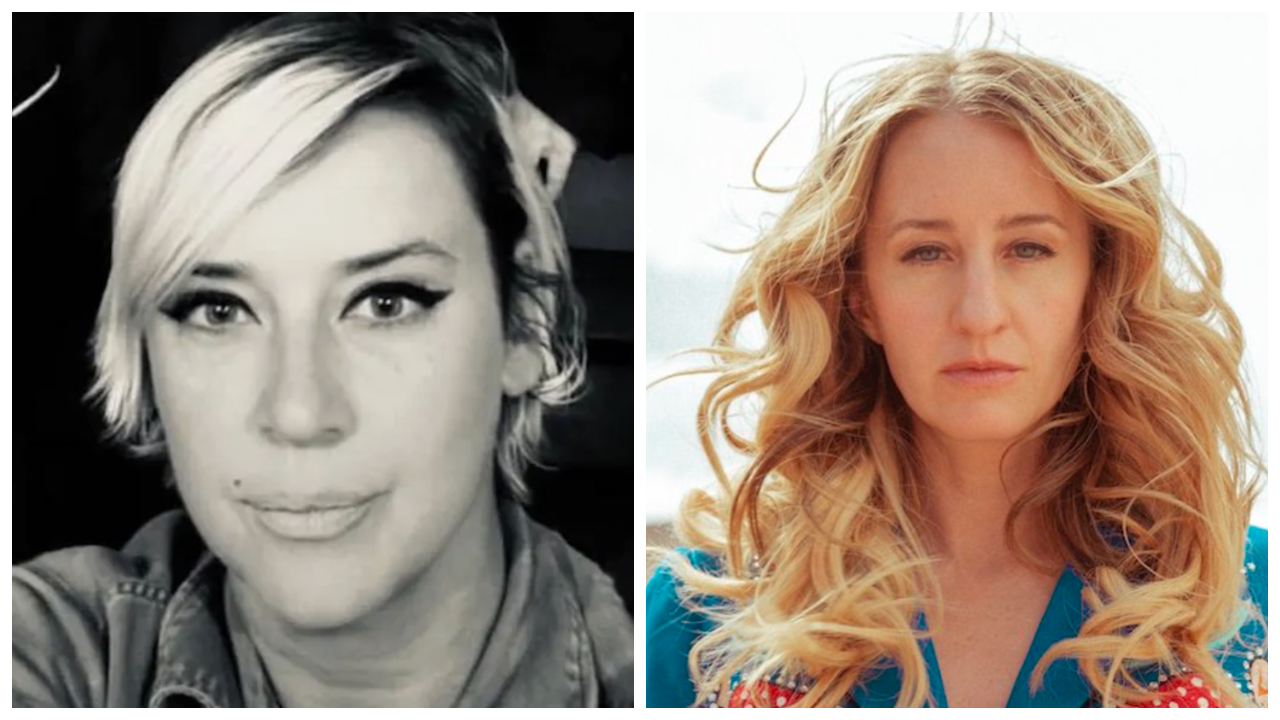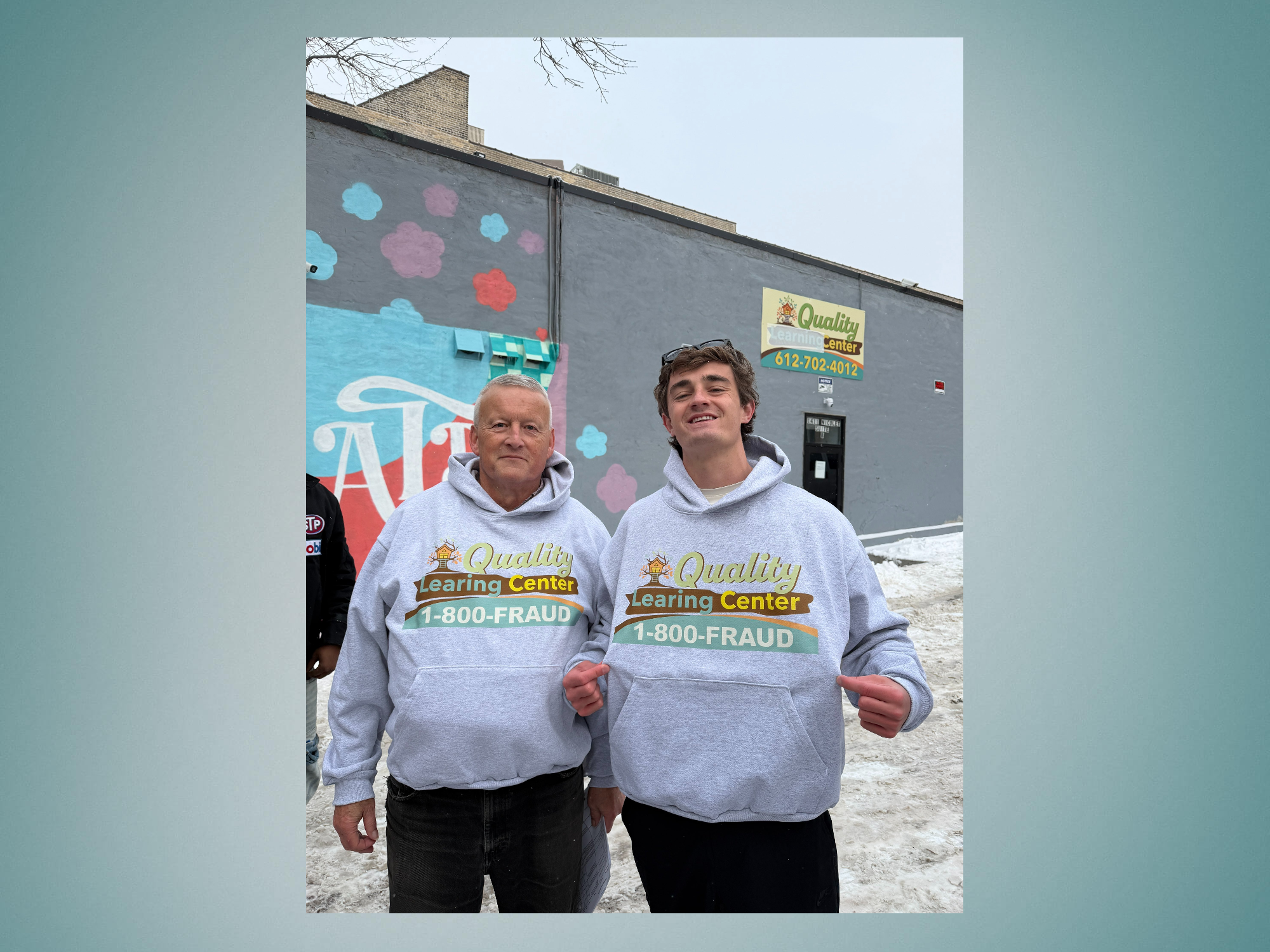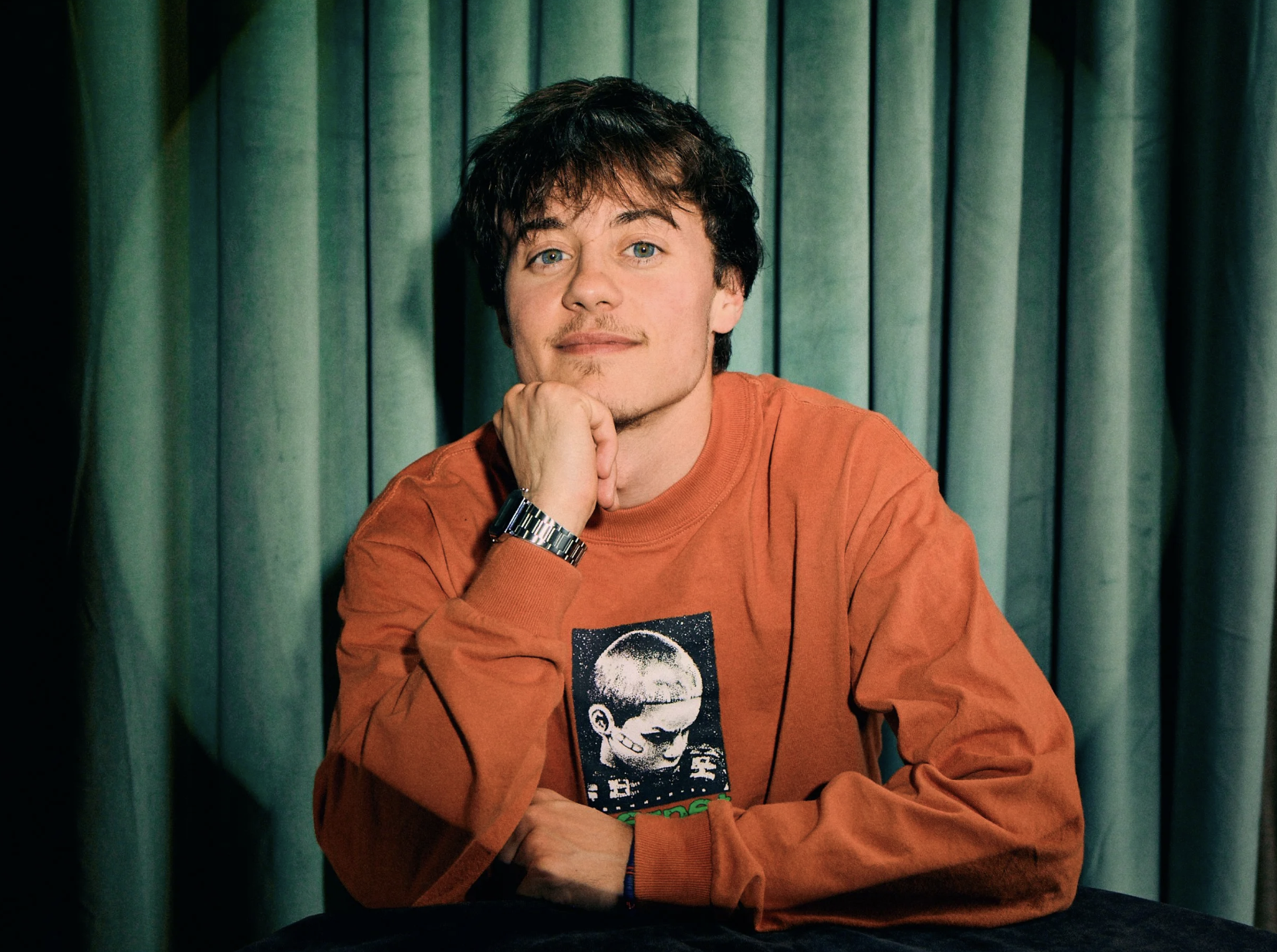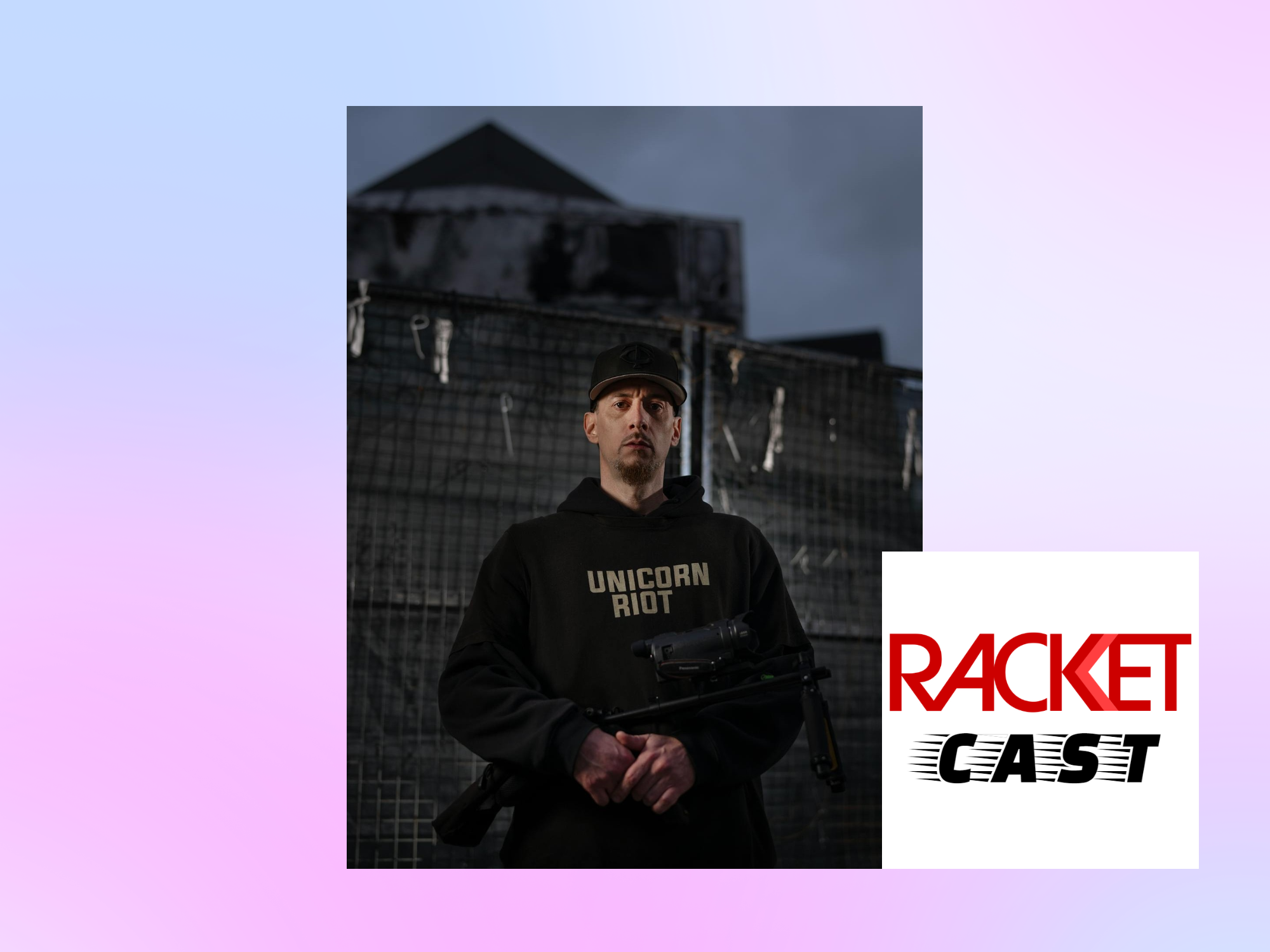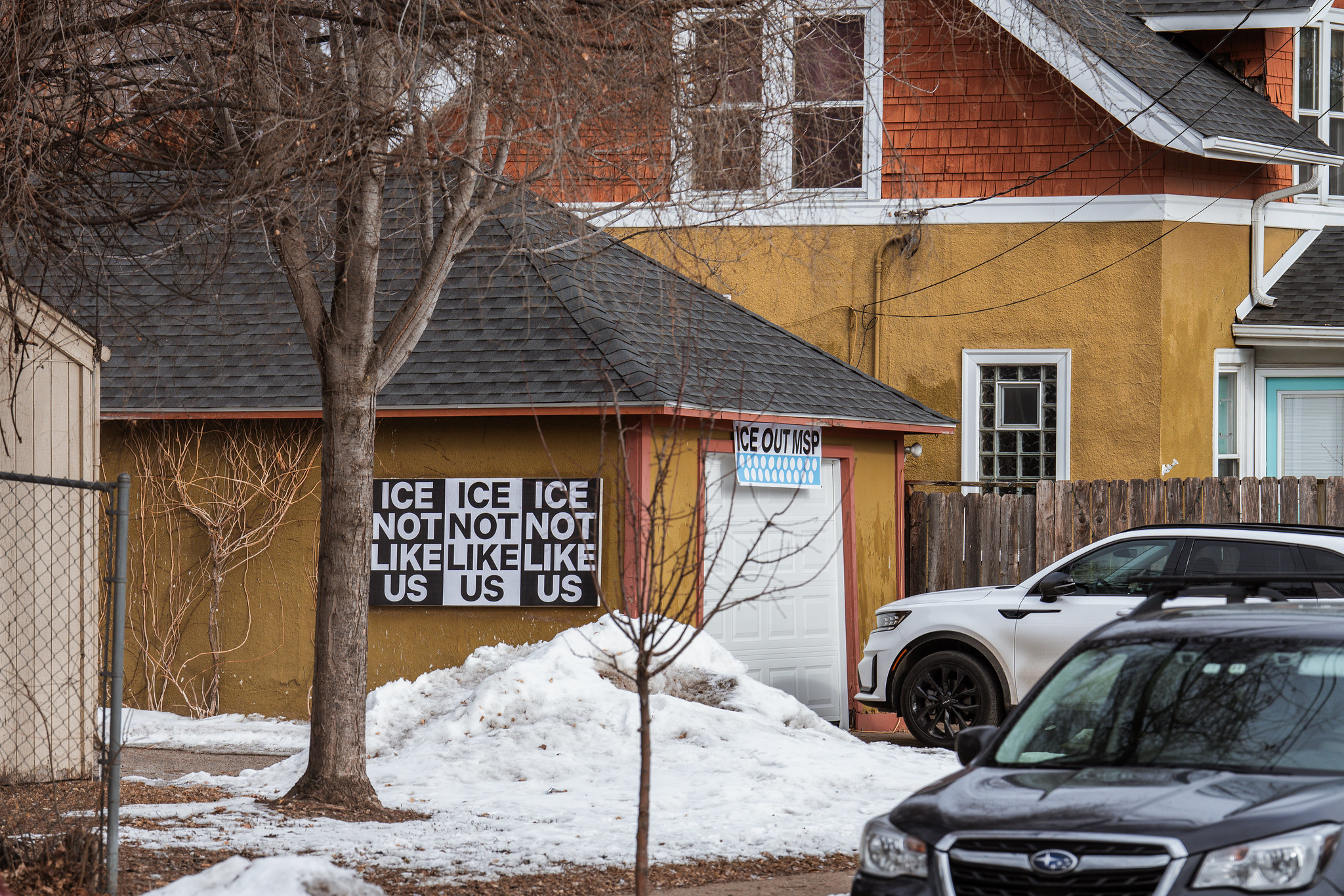When Obi Original was seven, his mother bought him a starter guitar from Target.
“For two hours I was trying to figure out how to make it sound good,” the 29-year-old Nigerian-American musician recalls. “Couldn't. And I came to a realization. I said, if I ever become famous because of this, I'll just say, ‘I just make sounds.’”
Fortunately, Obi’s style developed beyond “sounds,” but that childhood anecdote sums up the young Minnesotan’s self-tutored determination. Frustrated by the guitar, he switched to bass, which allowed him to develop his musicianship from the bottom up.
“I just utilize the last two strings to make it sound funky, you know?” he says of his current playing. “When it comes to chord progressions and building that up from the lower strings, that's where my guitar style comes from.”
Some of his style, that is. Much of it comes from an immersion in the highlife genre, a West African music of bright, rippling guitars and unrushed grooves that’s hardly as familiar to U.S. listeners as the funky Afrobeat of Fela Kuti or even the hypnotic juju music popularized by King Sunny Ade. Obiora Obikwelu, to use Obi’s given name, would like to change that.
There’s probably never been a better time to be a musician of Nigerian descent. Over the past decade, that perpetually urbanizing West African nation has established itself as an international hub of modern popular music, launching the polished, protean dance music style known as Afrobeats (not to be confused with Fela’s Afrobeat).
In the past, Afropop styles have often been stereotyped as the stuff of tradition or roots, or seen as clumsily chasing after trends in Europe and America. That’s all changed. Sleek party music for children of the African diaspora worldwide, Afrobeats is comfortably contemporary, positioning itself as what comes after hip-hop. Figures like Burna Boy, Davido, and Wizkid have become international stars.
Obi has produced Afrobeats tracks, and he hosts Afrobeats parties. The music he makes with the other five members of his musical collective, Ozone Creations, is strongly in that vein, and they’ve thrown Afrobeats events with sexy names like Afrodesia and Silk Sounds. But listen to the collective’s excellent new album, Free Therapy, and you’ll also hear elements of the highlife that Obi’s heart belongs to. That’s the music he wants people to hear, the music he plays so dynamically onstage with his band the Black Atlantics. And he thinks people are finally ready.
“My childhood friends would not even touch African culture with a 10-foot pole,” Obi remembers. “They would rather eat mac and cheese than eat farina, I'm telling you.”
Young Obi was different, dancing regularly at the annual Igbo Fest. (The Igbo are one of the major tribes of Nigeria.) “I was literally the kid alone, dancing with the uncles, you know,” he says. “Now every single person and every child wants to be part of that Igbo Fest!”
We’re in Obi’s home in St. Paul’s Midway neighborhood. Turntables have a place of honor in the dining room, all the better for the energetic Obi to illustrate his points with a track or two from the vinyl LPs of vintage highlife music on prominent display as he tells me about growing up in the Minneapolis suburbs.
A musical kid who thought Jermaine Jackson was just the coolest, Obi played tuba in marching band and joined the choir at St. John’s University in Collegeville. The musician Bakari, who would go on to form Ozone Creations with Obi, remembers him as “an eccentric, energetic, exuberant guy, always trying to get people excited about whatever they’re doing.”
But, Bakarii adds, Obi “was much more shy when it came to his own creations. He was very behind the scenes. It wasn’t till Breezy lit the fire underneath him that he was convinced that instead of just helping other people he should be doing his own stuff.”
Breezy is Jean-Paul Bissong Akwa, who records as Breezy2Fresh, another member of Ozone Creations. (Rounding out the collective are Mack OC, Ch!nwe, and Sumer.) Obi and Breezy met in daycare (“We’re both 1995 babies, locked in since the ’90s,” as Breezy puts it) but they didn’t hook up musically till high school, when Breezy was dabbling in SoundCloud rap.
Obi expanded his friend’s influences, bringing out a “quirkiness,” as Breezy puts it. “He had this eye for the future, going back to the homeland with Afrobeats,” Breezy recalls. They worked together on tracks with titles like “Look at My Bag” and “Ridin’ Around in My Camry,” then began making less derivative music in their own styles. And Breezy learned an important lesson from his friend: “You can show your skillset, but you don’t have to be so serious.”
Obi was having his own musical epiphanies around this time. After the DJ played a remix of an Akon track by the Nigerian production duo P-Square at his high school prom, he began to hear elements of African music everywhere in U.S. rap. For instance, he says, “If I listen to Future’s ‘Mask Off,’ it sounds very Igbo to me. It sounds tribal. It sounds Afrobeat.”
And so his music evolved. “I was like, let me just change my style of production to Afrobeats, and that was from the influence of a lot of the stuff going on in Ghana, in Nigeria, from Davido, P-Square, all that stuff,” he says. “And I was like, ‘OK, let me see if I can do it here, and see how people like it.’”
Then, one night during his freshman year of college, while his mom was out of town, something changed. “It felt kind of eerie, because my mom was always home. I had just my guitar and my bass and my computer,” he says. That night, he wrote and recorded the highlife track “Ndidi.” “That was the one song where, after I was done doing it, I was like, ‘I can make music,’” he says.
Next came the “Avengers assemble” moment, as Bakarii puts it. The Ozone Creations co-founder calls their collective “a media space for other artists that were passionate about making music and African cultures”; it has gathered musicians of various international backgrounds. Bakarii, for instance, is the child of an Alabama dad who played pro basketball in Europe and French-Algerian mom; he spent much of his childhood in Spain and France before settling in Minnesota.
Balancing the needs of a collective with each member’s artistic impulses isn’t always easy. As Breezy puts it, it takes “a boatload of patience,” but he laughs, “When it’s family you’re stuck with them.” The key to their success, according to Bakarii? They meet every Sunday without fail.
You’ve heard Afrobeats even if you don’t know it. Hardly had the music begun to dominate Lagos nightclubs when American rap and pop stars were poised to assimilate it almost immediately. Its rhythms permeate Drake’s “One Dance” (with production from Afrobeats star Wizkid) and even Ed Sheeran’s “Shape of You.”
Afrobeats, and the scene it engenders, is thriving in Minnesota. On any weekend night, you could drop by the Gidi Bar & Lounge, which opened in downtown Minneapolis in the spring of 2024. Ozone Creations’ Breezy shouts out Samambo World, a dance night started by DJ and producer Kwey, which took over the First Ave Mainroom for a New Year’s Eve blowout last year, and adds “The Green Room has kinda been the spot. It’s good to see all the cultures coming together.”
Obi is characteristically even more enthusiastic. “What's going on right now is going to be more influential than the British invasion,” he tells me. “That is the energy that built up during Covid, when you see Wizkid sell out Fillmore, or you see Burna Boy do Armory. You know, like my sister Libianca was on the Billboard charts for how many weeks, and she's from Roseville on the Hot 100 with an Afrobeats song, right?” His tone is one of amazement.
Libianca is Libianca Kenzonkinboum Fonji, a Cameroonian-American from the Twin Cities who competed on The Voice in 2021. Two years after that, her song “People” became a worldwide hit, scoring her an opening slot for Alicia Keys—and Obi got to tour with her.
But Obi Original doesn’t just want to ride this wave—he wants to chart his own course. And to really understand his music, you have to experience it live. He’s a dynamic performer equally at home on the Mainroom stage, where he First Ave’s best new bands showcase in 2022, or at a late night show at the Cabooze, or engaging casual Art-A-Whirl-goers at Indeed’s Whirligig.
Obi being Obi, he has carefully thought through how he interacts with an audience, so that what might seem like stage banter is actually a “conversation about the importance of culture and heritage.” As he puts it, “I try to be unapologetic and blunt to say there is something in this societal culture that I will break tonight in you, and you will not cry, you will not feel bad, you will not have ego, you you will leave with your chin up, rather than it being down.”
So he’s developed a few stage rituals. “In my culture, when you come to somebody's house, you cannot greet them from far away, you have to greet them at the door,” Obi explains. “So I tell people, ‘Come and meet me at my door’ and they come closer to the stage.”
And at the Turf Club recently, he instructed dancers to turn to the person next to them and politely explain what was about to happen thus: “Neighbor, I am going to shake my body and if you are not going to shake your body get the hell out of my way!”
Now let me tell you about how I made Obi Original jealous.
As my interview winds down, Obi and I geek out for a while listening to highlife music, about which I know just enough to be a thoughtful student.
“I’m an ethnomusicologist,” he tells me. “Not by training, OK, but by practice, you know?”
And there is something of the educator to Obikwelu. His band’s name, the Black Atlantics, is drawn from The Black Atlantic, the groundbreaking study of the African diaspora by British cultural studies scholar Paul Gilroy. Obi did his senior thesis at St. John’s relating Gilroy’s concepts to Fela’s career.
He plays a test pressing of his new recording with Black Market Brass, “Battle Ready.” Eventually he slaps on "Osondi Owendi," the massive 1984 hit by Chief Stephen Osita Osadebe, the man credited with popularizing highlife in Nigeria. Highlife originated along Ghanaian trade routes; Osadebe’s version brought in sporadic horns and Igbo vocal styles, also incorporating a broader range of West African guitar techniques.
The last time Chief Stephen passed through Minnesota, he played Igbo Fest, and Obi was only five years old. He’s still upset that he couldn’t go. “I was so young, my mother told me I'm too young to go see him—oh, no,” he tells me. “One thing in my life I will never forgive my mom for.”
Well, guess who did make it to that fest? Sometime in 2000, I found my way to a north Minneapolis community center in search of Osadabe, having learned from a handbill stapled to a Lake Street telephone pole that he was in town. In those days, the annual Nigerian cultural festival was less broadly publicized than it is today, so it’s fair to say I stood out, though I was effusively welcomed. And the band was hot.
I mention this not just to brag (though how many of you have seen a music legend in such an intimate setting, eh?) but to suggest that in some ways, I’m the ideal audience for Obi’s music—middle-aged white guys have always had an ear for historical African music, while often ignoring more contemporary popular forms. What Obi Original insists is that they can co-exist, feed off each other, and remain in a perpetual present.
And yet, as broad as he ranges stylistically, as a performer Obi Original remains all about highlife.
“The highlife man needs his time to shine,” Obi insists. “The highlife man has not had his time to tell his story. The juju man has. The Afrobeat man has. But it is time now for the highlife man.”
Highlife Dance Party feat. Obi Original & The Black Atlantics
Where: Hook and Ladder Theater & Lounge
When: Friday, Aug. 15, 9 p.m.
With: Kwey, Brandyn Lee Tulloch, and Poetic Roots
Tickets: $17.32; more info here.
Ozone Creations (Album Release)
Where: Fine Line
When: Saturday, Aug. 16, 8 p.m.
With: L.A. Buckner & BiG HOMiE, Bakkwooddrift
Tickets: $24.36; more info here.

